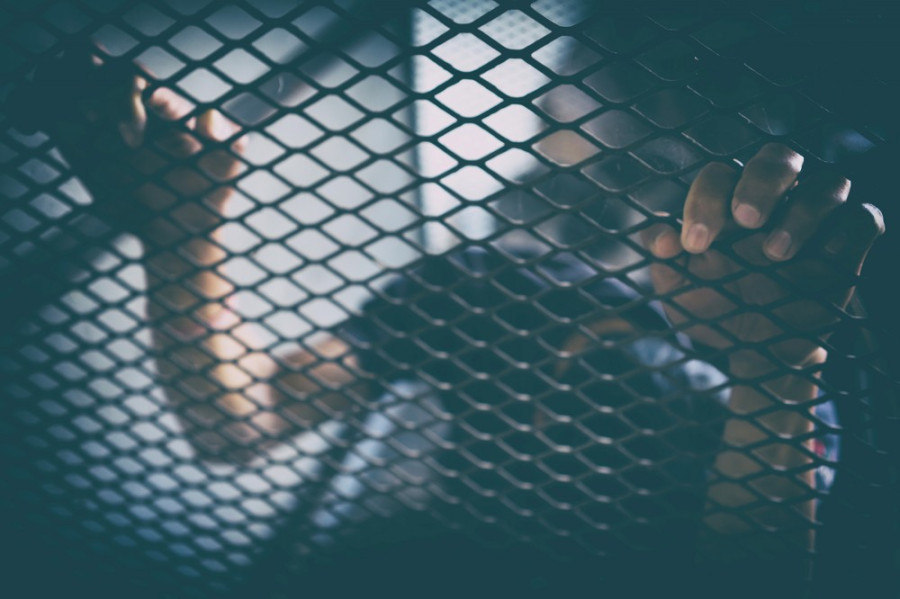National
Call to form local and provincial bodies to fight human trafficking
Once limited to some districts, human trafficking has now become a nationwide menace.
Chandan Kumar Mandal
Anti-human trafficking activists and other stakeholders have urged the government to expand its agencies as per the federal system to combat human trafficking.
According to them, the government should engage the provincial and local level governments in a fight against human trafficking by allocating responsibilities to all levels of the government.
“Federalism has presented both opportunities and challenges. With the new system, new structures are required to fight human trafficking incidents,” said Sabin Shrestha, executive director of Forum for Women, Law and Development (FWLD). “The national committee is still relevant, but similar committees at the provincial and local levels are required to operate as per the federal setup.”
National Committee for Controlling Human Trafficking (NCCHT) and District Committee for Controlling Human Trafficking are the only agencies working towards combating human trafficking and rescuing and rehabilitating trafficking survivors.
Human trafficking remains an enormous challenge to the country despite various government and non-government agencies working to combat the problem.
Once limited to only a few districts of the country, human trafficking incidents have now become commonplace across the country.
“It’s important that the existing structures identify and respond to all forms of human trafficking,” said Carolyn Tanner, chief of Party at Hamro Samman Project implemented by Winrock International. “All three levels of the government have a critical role to play from prevention to rehabilitation phases.”
According to Roshana Pradhan, a lawyer and a programme officer at FWLD, 258 human trafficking cases were registered across the country in the last fiscal year, showing how rampant human trafficking incidents have become over the years.
“These are just the official data on cases filed. Many cases are never registered,” said Pradhan. “Our investigation is more of a reactive approach than proactive. We are mostly concentrated on rescues.”
Since human trafficking is becoming a complex problem for the country, which has been called as the source, transit and destination for human trafficking, stakeholders stress on the need of forming committees at local and provincial levels. However, the existing law— Human Trafficking and Transportation (Control) Act, 2007—doesn’t envisage such committees at the provincial and local levels.
According to Rudra Devi Sharma, joint secretary at the Women, Children and Senior Citizen, the existing laws need to be amended to form such committees.
“The ministry is the focal agency for overseeing human trafficking issues. In future as well, the central government will make laws and the provinces and local levels will implement them,” said Sharma, who is also the member-secretary of the national-level committee. “The regular operation is not affected in the absence of these committees. We are still conducting rescue and rehabilitation work. But we have to go down to the provincial level as well.”
The government will be establishing a rehabilitation centre in all the seven provinces for which budget has been already allocated. According to Sharma, nearly 8,500 human trafficking survivors have been rescued and sent to the rehabilitation in the last five years.
“Once the problem of a few districts have now emerged as a national problem. Therefore, all the districts should be surveyed. There is a need for an integrated data system as well,” said Sharma. “Open border with India continue to pose a challenge to us in our efforts to combat human trafficking. Local levels should be brought on board and given responsibilities to tackle the issue.”




 11.12°C Kathmandu
11.12°C Kathmandu














